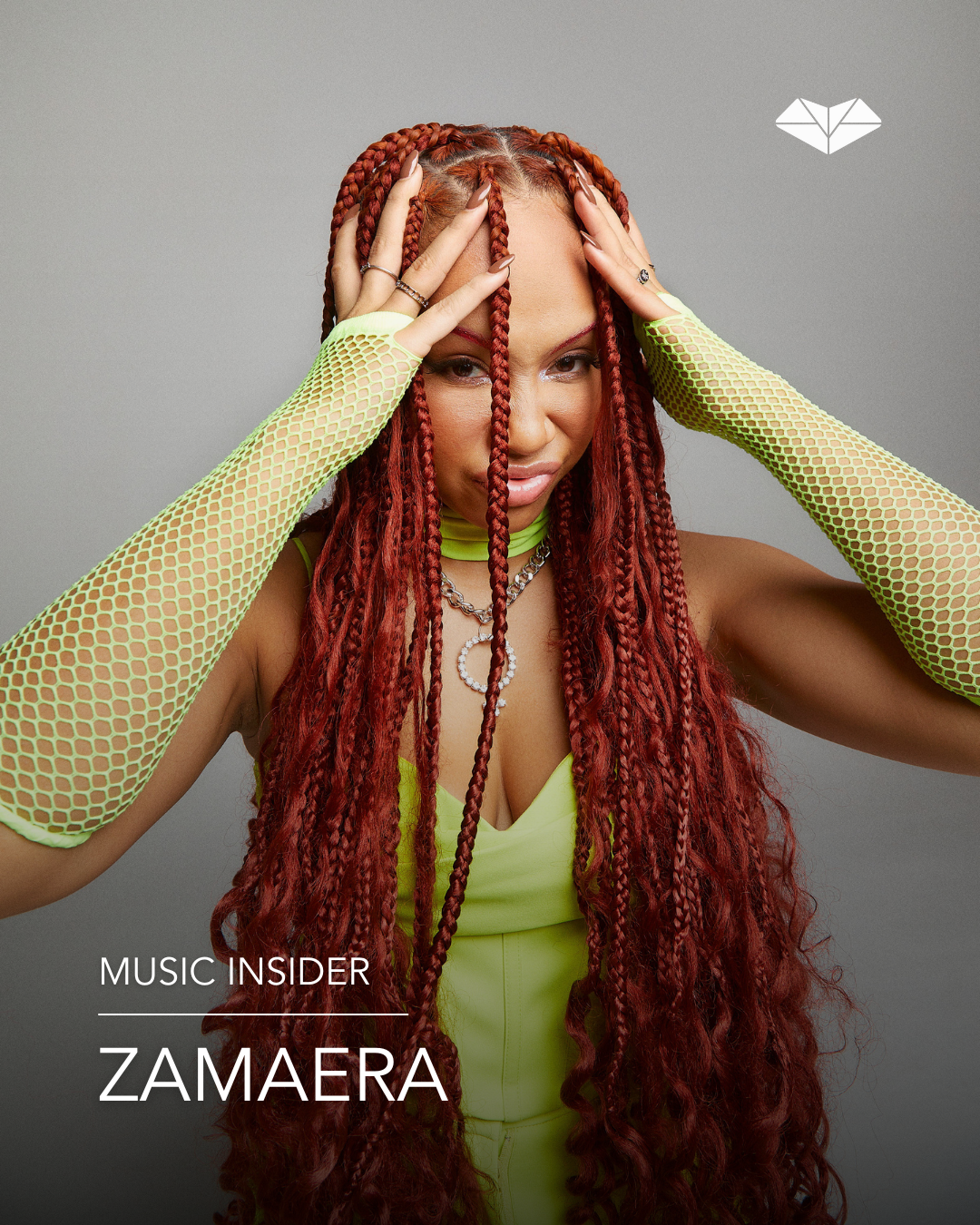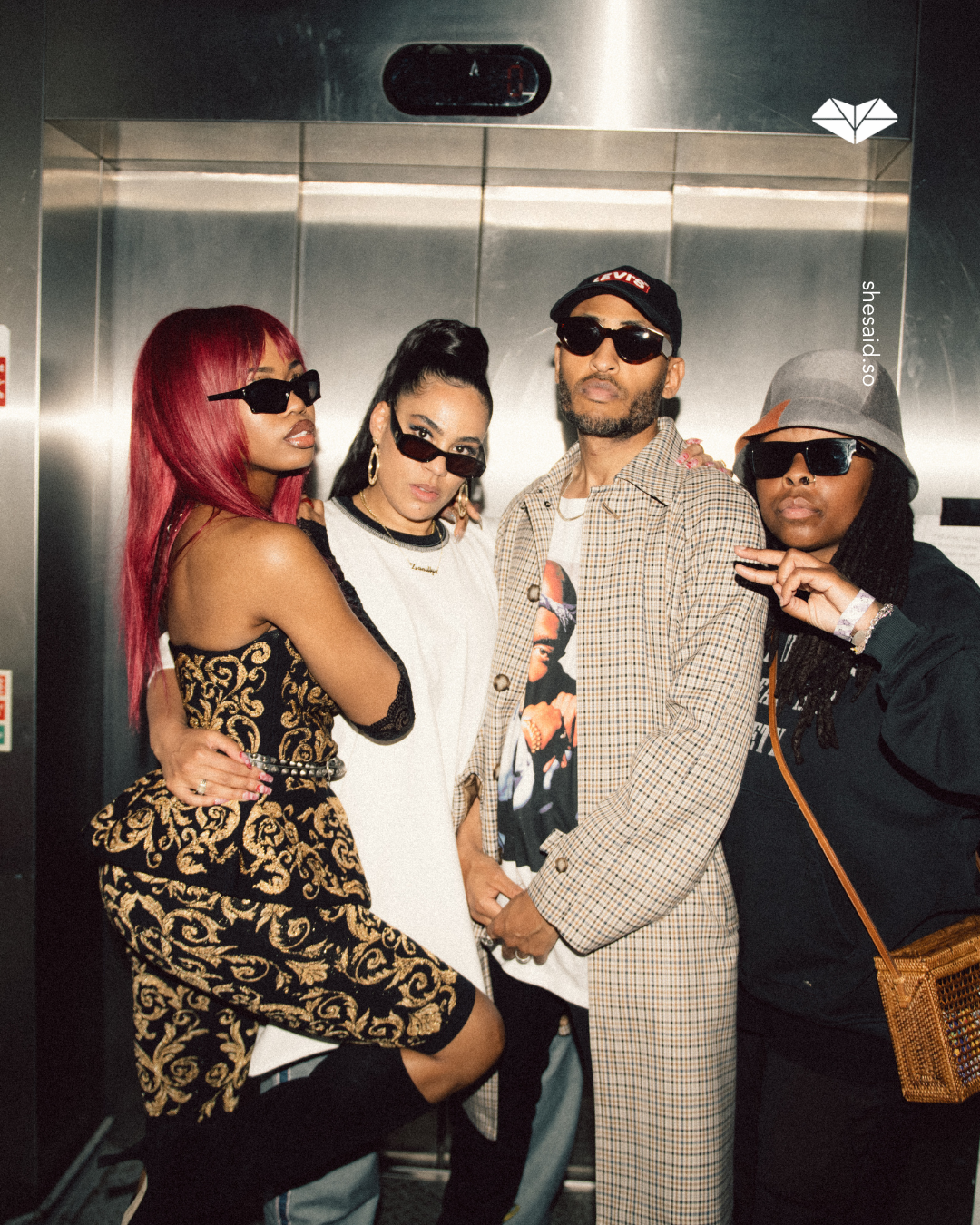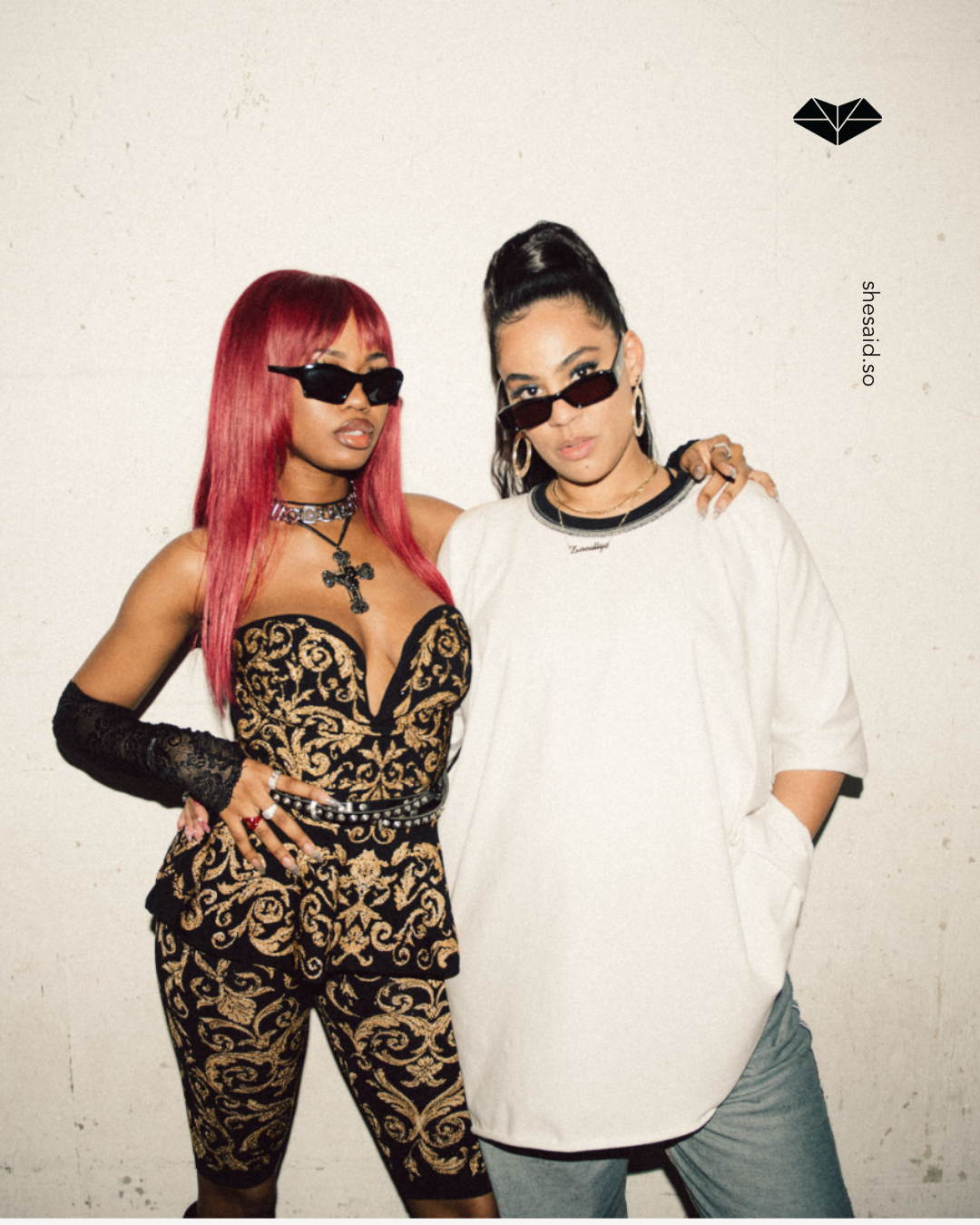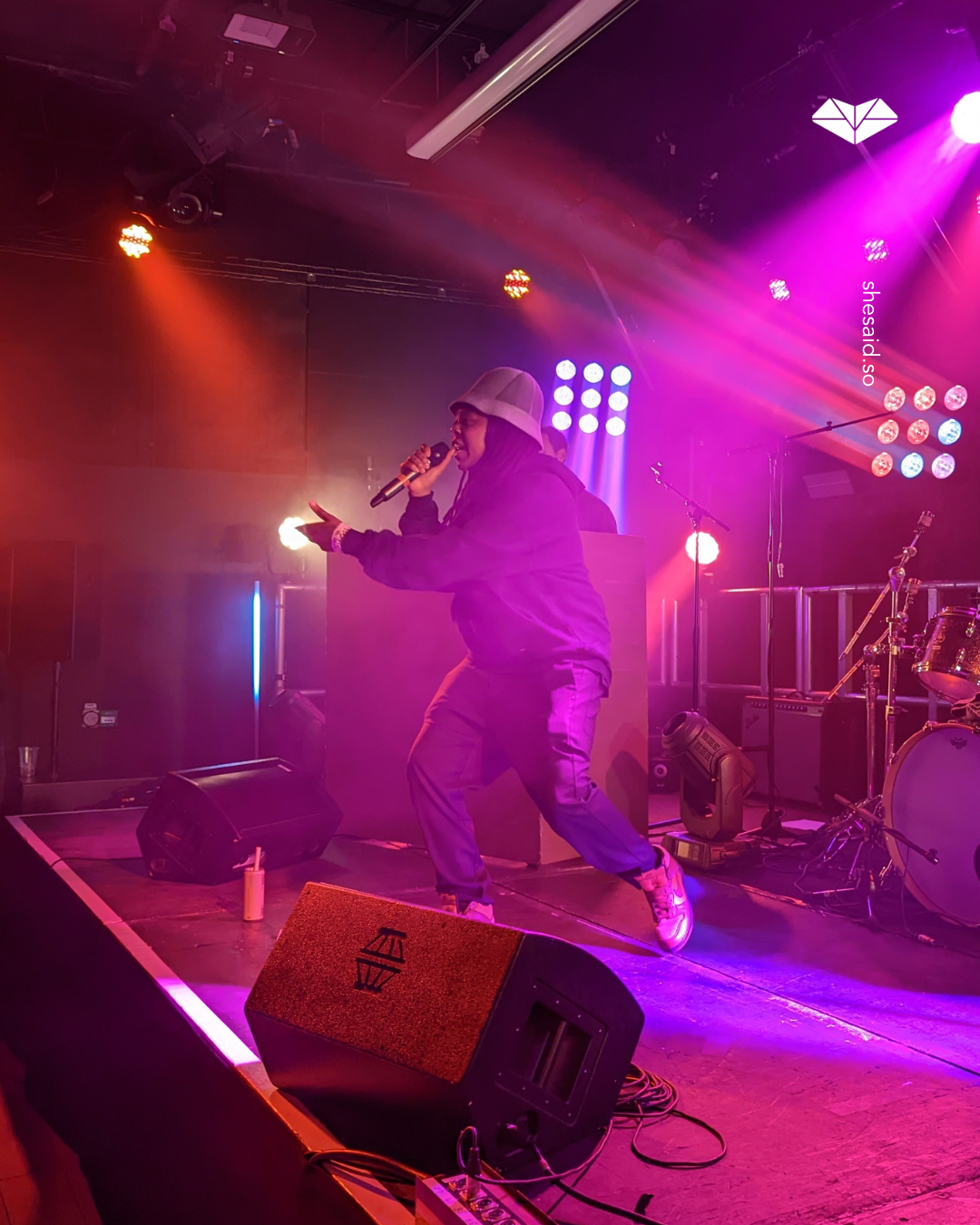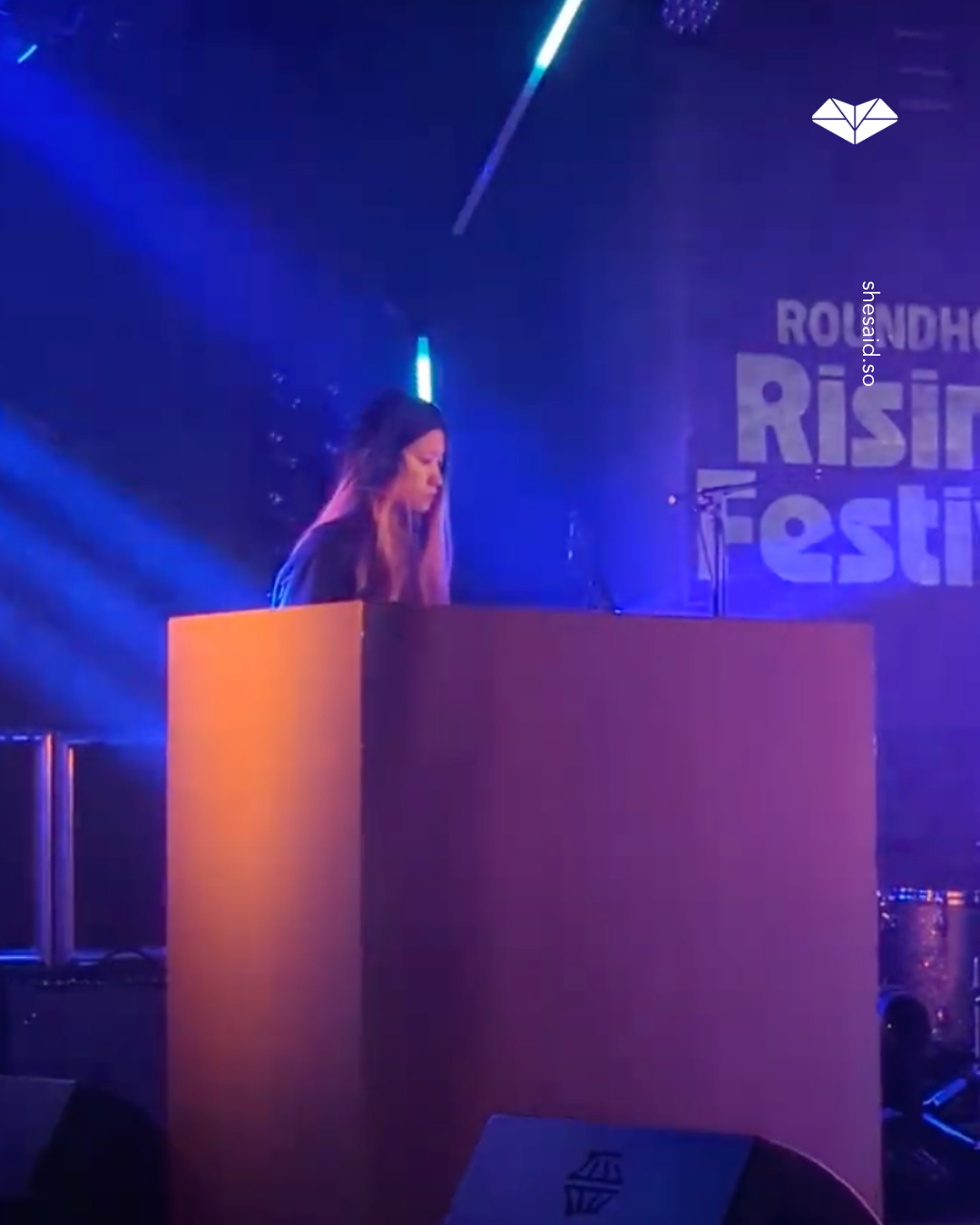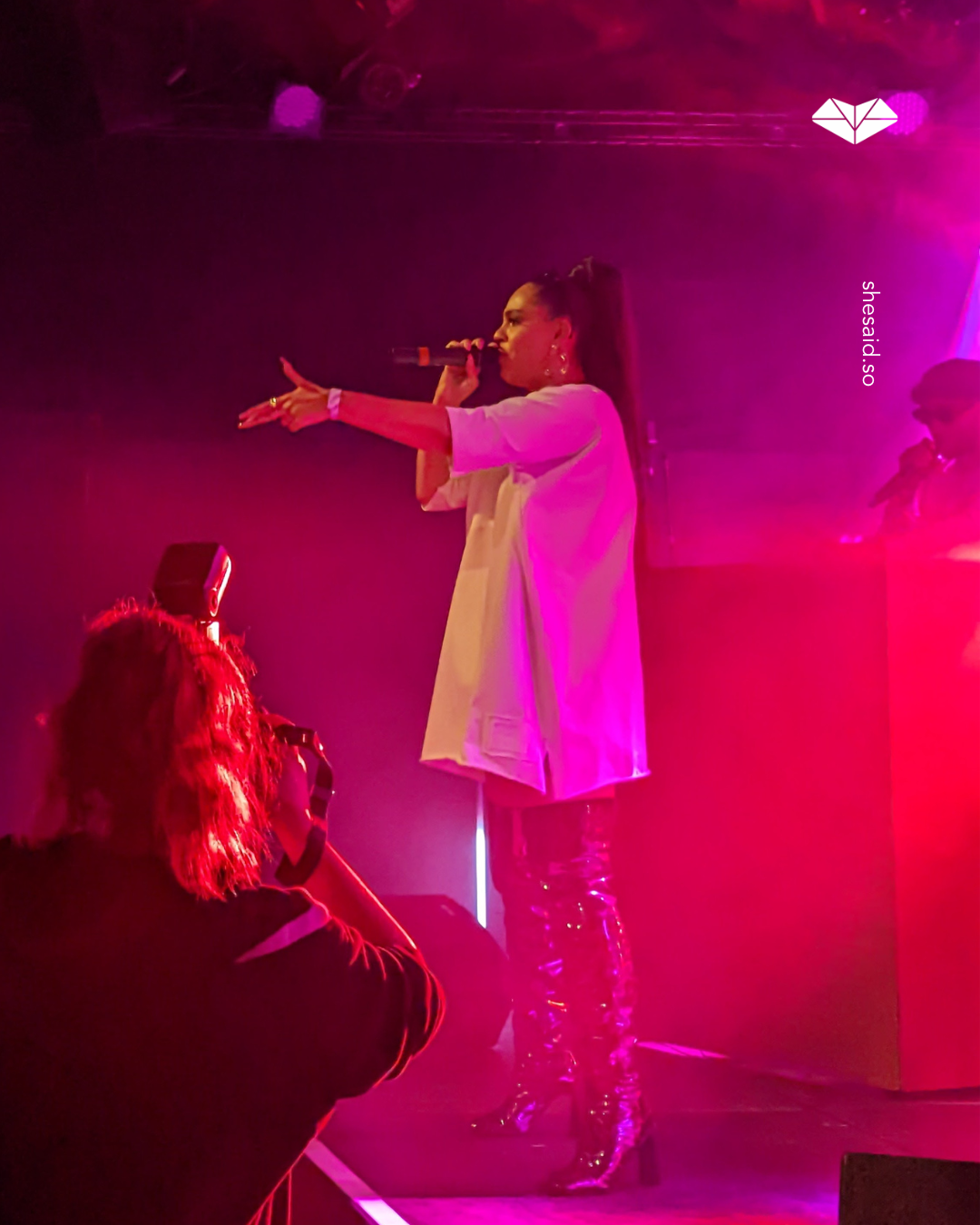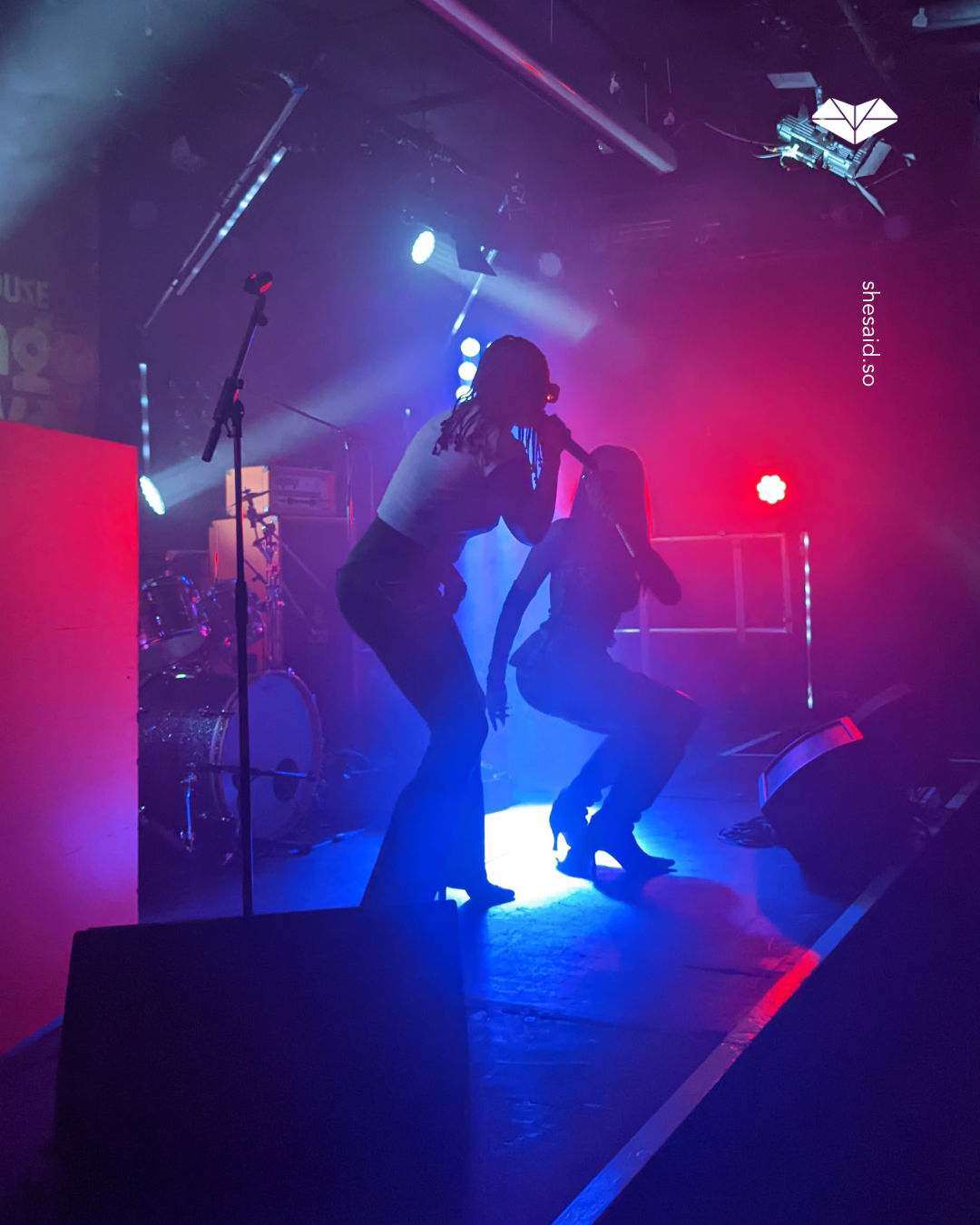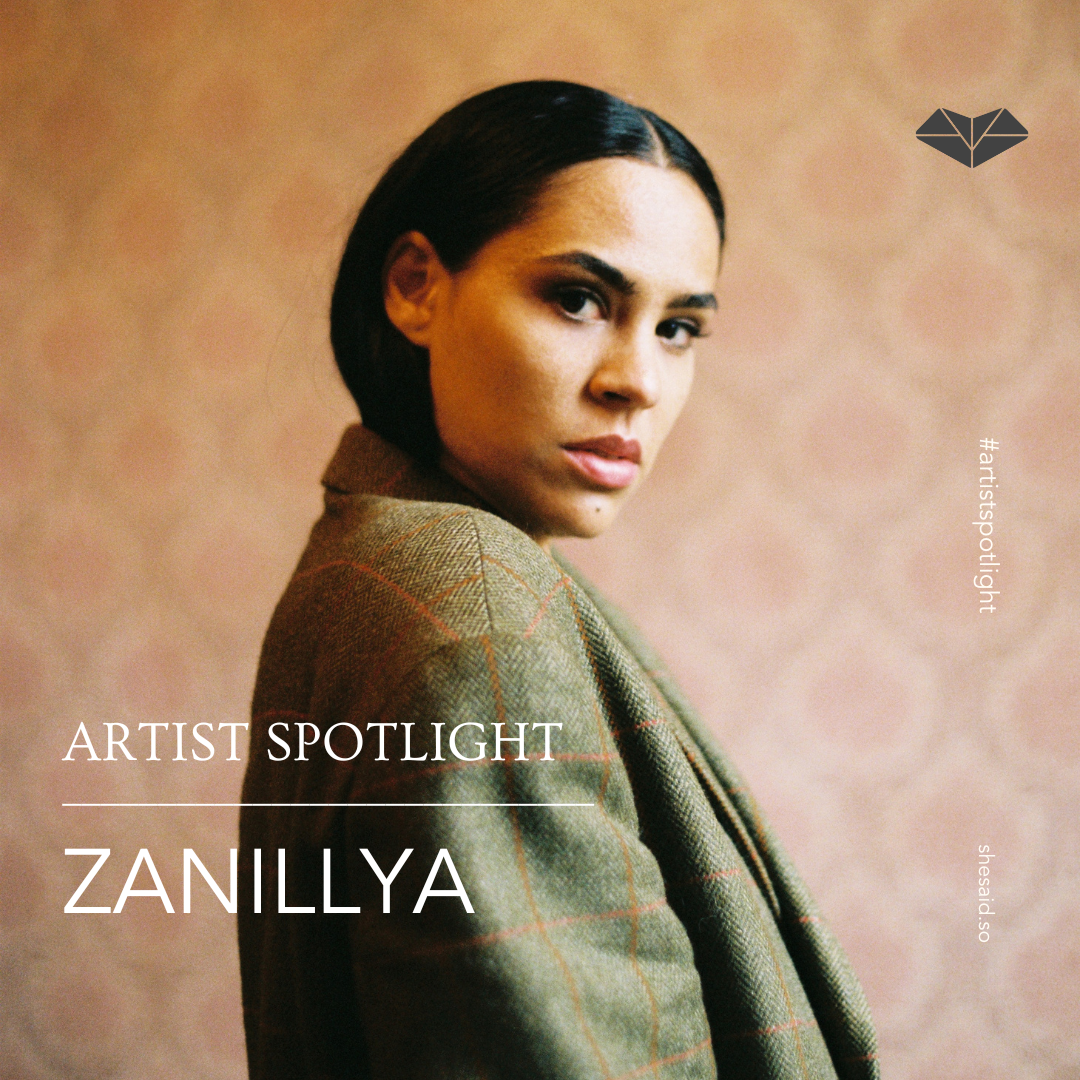AVR (Anna von Raison) is a polymath who blends art, music, innovation, and tradition. Her work is influenced by diverse references like Philip Glass, Grimes, Stevie Wonder, and Bernini sculptures. Frustrated with the routine of academic jazz piano studies, AVR began producing music that captures the feeling-everything-all-the-time internet era.
AVR has scored films for brands like Louis Vuitton and Dior and worked as a studio pianist and producer for artists such as Charlotte Gainsbourg, Tusks, Soundwalk Collective, and Franny London. AVR also consults and performs in fine arts contexts, including Gropius Bau Berlin and the National Gallery, and serves as a music curator for events like Berlin’s ‘Long Night of Museums.’ Her song ‘Under The Sand’ features on the soundtrack of the US movie ‘After Everything.’
Her release, 'Etude No.2,' a rework of Philip Glass, came out on Glass' label with an immersive video collaboration with MUGLER. Supported by BBC stations and publications like CLASH, Rolling Stone, The Fader, and i-D, AVR's music gained international attention from the start. She has performed at notable venues like Berlin’s Philharmonie, Notting Hill Arts Club in London, and Baby’s All Right in New York.
AVR’s debut album ‘Salvation,’ released on June 7, reflects a softer, warmer sound, integrating her jazz and neo-soul influences. Independently published and four years in the making, it features guest soloists Viktor Wolf and Sylvia Hlynsdottir. The album, the final part of a trilogy, marks AVR’s evolution as a solo artist.
Describing her creative process, AVR says: ‘I love collaging and clashing musical bits that typically don’t live in the same world - I am looking for that new sound, seeking innovation but also romance. I try to avoid the dangerous temptations of musical training. Working from instinct, I give the subconscious free reign, into an ecstatic flow. For me, making music is like scoring the movies in my head.’
On ‘Salvation’, this approach results in hazy ambient journeys combining jazzy choirs,cinematic strings, Motown bass, trip hop drums, and bright vocals. Tame Impala-stylesynth solos appear, while experimental bits of sound toy with the warm breeze.
"Salvation" is the final act of a trilogy. What’s the inspiration behind it? How does it connect with your previous EPs "Vibration" and "Hallucination"?
Salvation is the last part of trilogy that started with EP1 Hallucination and EP2 Vibration. This trilogy for me is part of my transition of mainly working behind the scenes as studio pianist, producer and composer for other artists, brands or film. Musically it’s the genesis of AVR as a solo artist in the sense that those 3 acts each represent part of my musical selves. Hallucination works with a lot of classical piano fragments, some that I composed, then one of Claude Debussy. Vibration, my second EP, is much more beat focused and has generally a darker synth-, more distorted and rebellious vibe. Salvation is the warm rain, the liberation, the letting go. There’s a lot of warmth and jazzy, souly references. I intended it a bit as a musical retreat. We live in such a complicated time and I still want to believe in the power of music to unite and remind us of our shared humanity. But I feel if we dont retreat from time to time you lose the energy to stay political and hopeful.
Can you share more about the process of collaborating with Philip Glass' label and French fashion house MUGLER?
I have been a big admirer of Glass’ works for a long time, and always loved Beck’s rework on a rework-only-album from 2012. At one point I just started to play around in Logic with the Piano Etude No.2 and once finished showed it to director Alex de Brabant who felt immediately inspired to do a video. We requested a wardrobe collaboration with Mugler and somehow our moodboard for the video convinced them to send a beautiful selection of pieces for me to wear in the video from Paris. After having put all the work in the music and a lot of money and time in the video I realized: We cant release any of it without a permission. I had absolutely forgotten about this legal situation since Philip Glass is a living composer. Extremely stressed about that I reached out to his publisher and we had to wait for months and months until we got the relieving news. In the end they would not only allow for both video and rework to be released but also asked me if I could see myself releasing my rework on Glass’ label Orange Mountain Music, which was more than I could have ever dreamt of.
How has your involvement with luxury brands like Louis Vuitton and Dior impacted your career/creative process?
Actually all my brand collaborations came directly through the directors, who were friends of friends or who heard of me through someone. I think big brand names can in some circles maybe give you ‘credibility’ in terms of what professional level you are able to deliver and if you can work in sometimes difficult circumstances. Often there are agencies involved, which means a lot of people with all kinds of musical taste are giving opinions and having to navigate that to get to a final result that everyone is at least ‘ok’ with can be hard. I also have quite conflicting feelings about big brands when thinking about our current environmental crisis, let alone workers’ conditions, and myself mainly wearing vintage clothes.
You’ve been a mentor for programs like ‘Girls Who Listen’ and ‘Keychange’. What’s your top advice for people wanting to become music producers/singer-songwriters etc.
I think essentially making music is translating, channeling emotions. And the better you are able to navigate the tools - like voice, instruments, DAW - the better, more precise and more personal that translation will be. So for that I think its important to just aspire to get better and know as much as possible/needed for what you want to express. Ultimately it just saves you from having to beg producers, mixers for their spare time and empowers you to work as much as possible autonomously. It’s sometimes a lonely process for me as I do it almost all on my own but it also allows for the maximum freedom. There are amazing initiatives, such as yours, out there to connect and share knowledge in safe spaces.
AVR | Photo by Alex de Brabant
Who are some of your biggest artistic influences and how have they shaped your work?
I think the reason I wanted to become a professional musician and study piano was a concert of Herbie Hancock as a teen. The feeling I had there was like nothing I had ever felt, so ecstatic and so good. Pretty much at the same time I was deep into the song books of Joni Mitchell and Marvin Gaye whilst having weekly classical piano lessons aspiring for the chords of Ravel. In general I am drawn to musical risk takers who dont become avant-garde-only, but still manage to be understood and appreciated by larger audiences. Be it Stravinsky, Thelonious Monk, Tyler The Creator, M.I.A., Björk. I like combining musical elements that dont naturally live in the same world together as I am always looking for that new sound, for innovation, but also for romance. And the romance part can oftentimes be in a hopefully timeless melody or the lyrics for me.
What's your favorite/least favorite thing about making music?
My favorite thing is starting new drafts, that fresh and exciting energy. Or moments in the studio, when creating with other people when you just sit there and feel the exact same high about something. The hardest are the last 10% of editing when it gets so incredibly tedious. And then there is the reality of being a musician in the time of social media. My main platform is instagram for communication and, like for most people, it creates a lot of anxiety and stress for me. I was also never an artist longing to see my face everywhere, I would prefer to let my music speak.
What's the weirdest inspiration you've drawn for a song?
It’s not really weird at all, but my favorite fine artist is Jenny Holzer who works with language a lot, which speaks to me deeply. My song SKIN uses her words/verses entirely.
3 things you can't live without in your bag
Its 2 for me: Heaphones & lip balm :)
** Interview by ninakeh for shesaid.so




